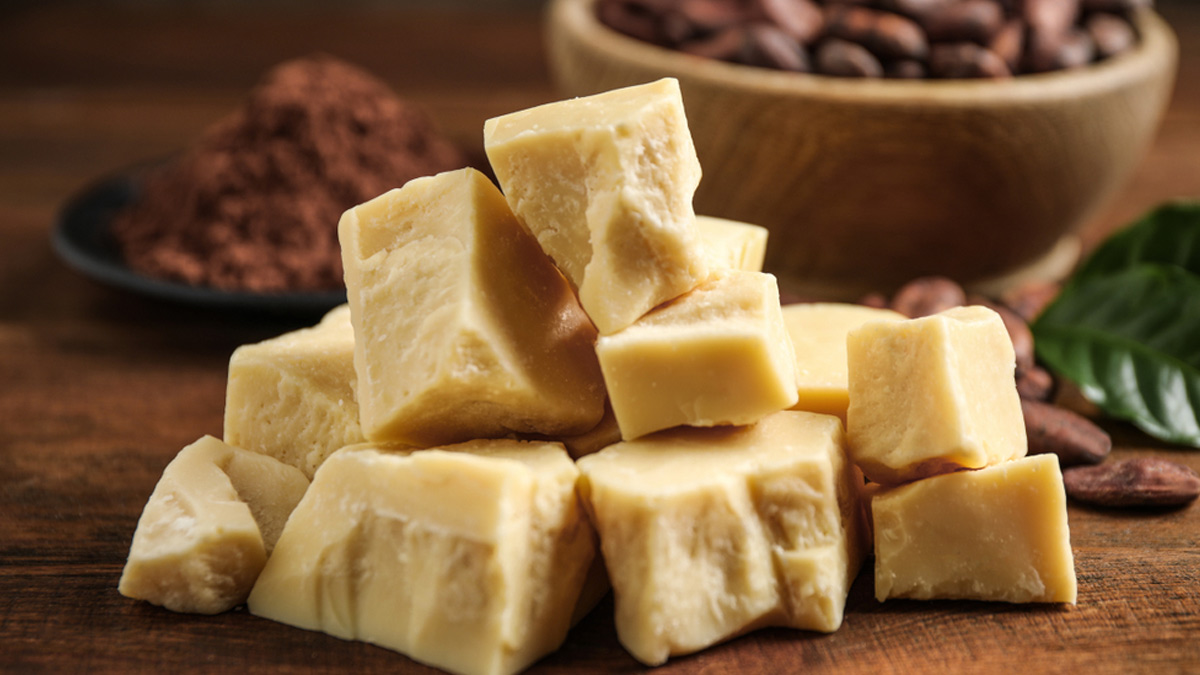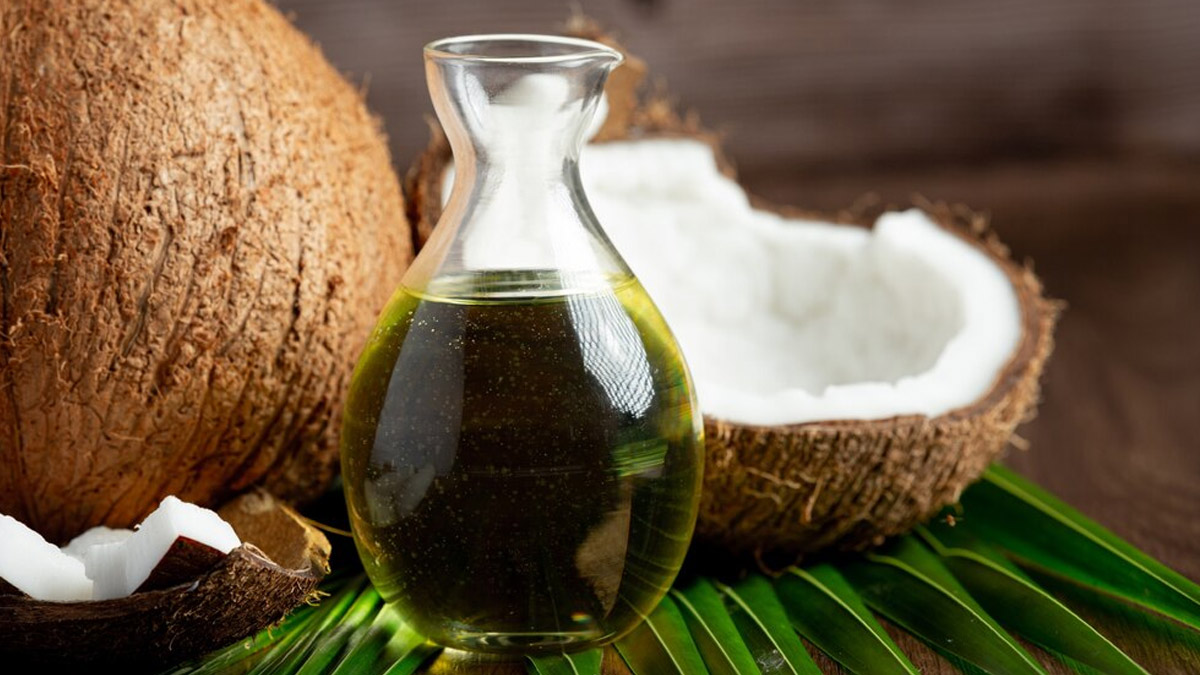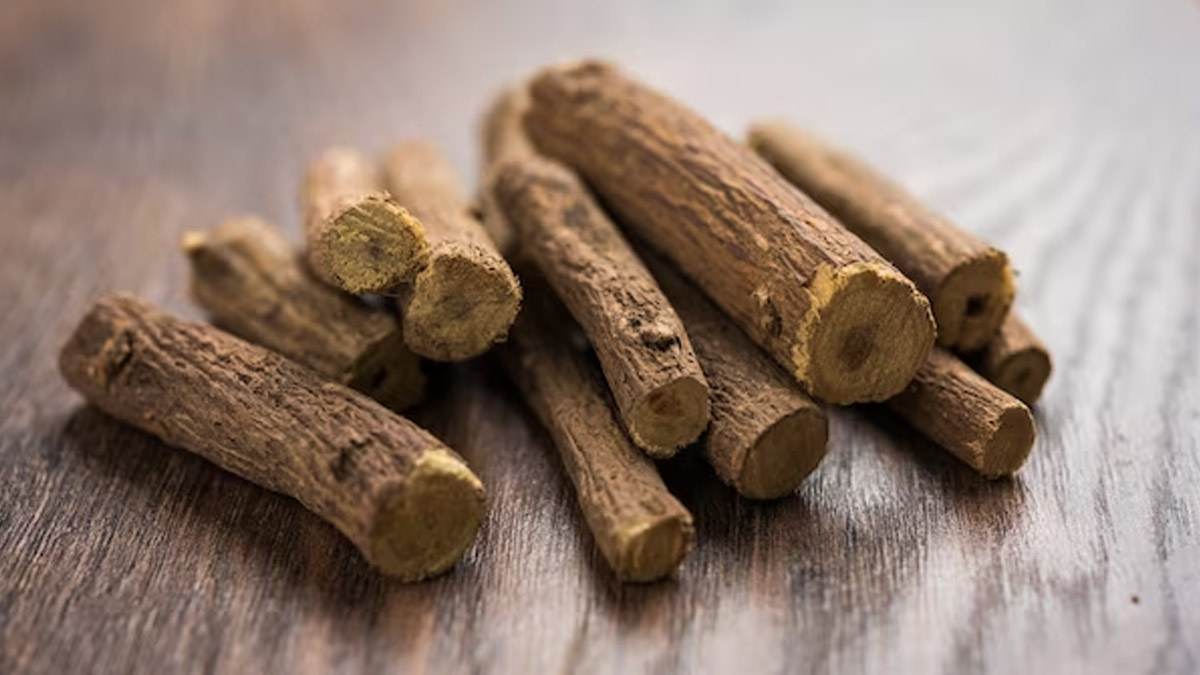
Dropping temperatures and lack of humidity during winter can be harsh on the skin. This can lead to a loss of moisture and damage the skin’s protective barrier, causing it to lose its natural shine, paving the way to a dry, dull, and dehydrated appearance. The heard weather conditions also make fine lines and wrinkles more noticeable.
Table of Content:-
As per a study published in the International Journal of Women’s Dermatology, skin diseases like acne, eczema, warts, chronic lesions, atopic dermatitis, flaky skin, and pigmentation, significantly peak during winters. This is further exacerbated by an increased prevalence of infections, including viral, bacterial, and fungal skin diseases during the colder months.
Talking to the team of OnlyMyHealth, Dr Hariprasad VR, Research Scientist, Discovery Sciences Group, Himalaya Wellness Company shared that one effective way to tackle this issue is by utilising the benefits of herbal ingredients.
Herbal Skin Care
Talking about herbal skincare during winter, Dr Hariprasad said, “Look for products that are enriched with some of the following herbal ingredients that immensely help in maintaining healthier skin during winter.”

Cocoa Butter
Cocoa butter is rich in fatty acids and polyphenolic antioxidants. As an emollient, the fats in cocoa butter form a protective layer on the skin that prevents moisture from escaping. This prevents the skin from drying out. Furthermore, the polyphenols in cocoa butter may improve skin elasticity and slow down the signs of ageing.
Olive Oil
Rich in monounsaturated healthy fats, vitamins, squalene and antioxidants, olive oil has been revered since ancient times for its skin conditioning and other diverse health benefits. It improves skin hydration by reducing water loss and increasing the water content of the skin.
The anti-inflammatory and antioxidant properties of olive oil protect our skin against radiation damage caused by UV rays and blue light.
Also Read: These Common Face Scrub Ingredients Can Damage Your Skin

Coconut Oil
Coconut oil moisturises and strengthens the skin barrier by forming a protective film that traps moisture. As per a study published in the European Journal of Paediatrics, the emollient and anti-septic properties of coconut oil make it a beneficial topical agent, especially in preterm infants who face an increased risk of water loss and infections due to skin immaturity.
Continuous application of virgin coconut oil improves skin hydration, especially for those dealing with atopic and dry skin.
Aloe Vera
Historically, there are reports that Egyptian queens Nefertiti and Cleopatra used aloe vera as part of their beauty regimes. Its wound healing and anti-septic properties made Alexander the Great, and Christopher Columbus use Aloe vera to treat soldiers’ wounds.
The mucopolysaccharides, or long chains of sugar molecules in Aloe vera gel help bind moisture to the skin. The antioxidant properties of Aloe vera gel help the skin fight free radical damage, and improve the skin’s integrity, making it more elastic and less wrinkled.
Calendula
Calendula is traditionally revered for its antiseptic and wound-healing properties. It is known to stimulate new skin growth and speed up the healing process.
Calendula flower extracts help soothe irritated skin and support skin integrity. A Clinical study published in the Handbook of Supportive and Palliative Radiation Oncology, 2017 found that topical application of Calendula extracts is effective in treating inflammatory skin conditions like atopic dermatitis, and allergic contact dermatitis.
Also Read: Want Korean Glass Skin? Try Fermented Rice Water Packs

Licorice
Licorice roots are used extensively as a flavouring in candies, beverages, and other foods. However, they are also filled with a variety of beneficial phytoconstituents, which act as an antioxidant and anti-inflammatory agent that helps soften dark spots and brighten the skin. Licorice is also known to soothe inflamed and irritated skin and help protect the skin from environmental damage.
Cucumber
Filled with 96% water, cucumber is rich in minerals, vitamins and skin-protecting antioxidants. Cucumber has a cooling effect, and calms irritated and overly sensitive skin. Cucumber’s polysaccharides, which are long chains of carbohydrate molecules, hydrate the skin giving it an invigorated and revitalised look.
Also Read: These DIY Essential Oil Blends Are A Must In Your Winter Skincare Routine
The harsh weather during winter brings along with a host of problems for your skin. However, these herbs recommended by Dr Hariprasad can help rejuvenate your skin and empower it with the right tools to battle the unforgiving weather.
Keep in mind that this arsenal of herbs must be occupied with the right skincare strategies like drinking plenty of water, eating balanced and timely meals, regular skincare routines adjusted as per your skin’s particular needs, and a healthy sleep schedule. If you have sensitive skin and are prone to breakouts or allergies, consult a dermatologist first before making any major changes to your skincare regimen.
Also watch this video
How we keep this article up to date:
We work with experts and keep a close eye on the latest in health and wellness. Whenever there is a new research or helpful information, we update our articles with accurate and useful advice.
Current Version